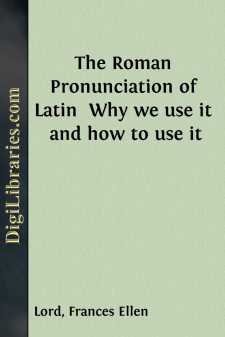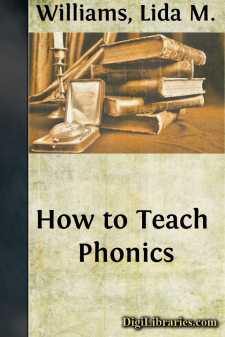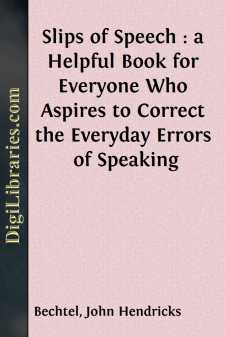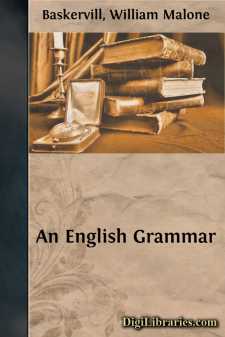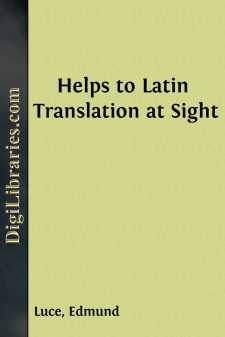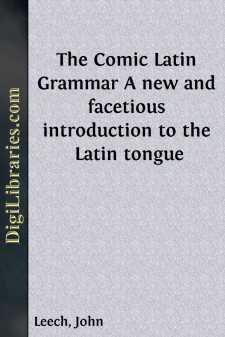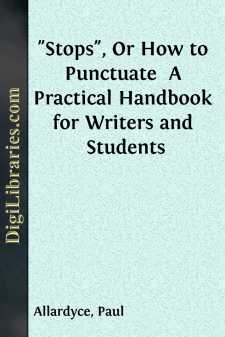Categories
- Antiques & Collectibles 13
- Architecture 36
- Art 48
- Bibles 22
- Biography & Autobiography 813
- Body, Mind & Spirit 142
- Business & Economics 28
- Children's Books 17
- Children's Fiction 14
- Computers 4
- Cooking 94
- Crafts & Hobbies 4
- Drama 346
- Education 46
- Family & Relationships 57
- Fiction 11829
- Games 19
- Gardening 17
- Health & Fitness 34
- History 1377
- House & Home 1
- Humor 147
- Juvenile Fiction 1873
- Juvenile Nonfiction 202
- Language Arts & Disciplines 88
- Law 16
- Literary Collections 686
- Literary Criticism 179
- Mathematics 13
- Medical 41
- Music 40
- Nature 179
- Non-Classifiable 1768
- Performing Arts 7
- Periodicals 1453
- Philosophy 64
- Photography 2
- Poetry 896
- Political Science 203
- Psychology 42
- Reference 154
- Religion 513
- Science 126
- Self-Help 84
- Social Science 81
- Sports & Recreation 34
- Study Aids 3
- Technology & Engineering 59
- Transportation 23
- Travel 463
- True Crime 29
The Roman Pronunciation of Latin Why we use it and how to use it
Categories:
Description:
Excerpt
INTRODUCTION.
The argument brought against the ‘Roman pronunciation’ of Latin is twofold: the impossibility of perfect theoretical knowledge, and the difficulty of practical attainment.
If to know the main features of the classic pronunciation of Latin were impossible, then our obvious course would be to refuse the attempt; to regard the language as in reality dead, and to make no pretence of reading it. This is in fact what the English scholars generally do. But if we may know substantially the sounds of the tongue in which Cicero spoke and Horace sung, shall we give up the delights of the melody and the rhythm and content ourselves with the thought form? Poetry especially does not exist apart from sound; sense alone will not constitute it, nor even sense and form without sound.
But if it is true that the task of practical acquisition is, if not impossible, extremely difficult, ‘the work of a lifetime,’ as the objectors say, do the results justify the expenditure of time and labor?
The position of the English-speaking peoples is not the same in this as that of Europeans. Europeans have not the same necessity to urge them to the ‘Roman pronunciation.’ Their own languages represent the Latin more or less adequately, in vowel sounds, in accent, and even, to some extent, in quantity; so that with them, all is not lost if they translate the sounds into their own tongues; while with us, nothing is left—sound, accent, quantity, all is gone; none of these is reproduced, or even suggested, in English.
We believe a great part of our difficulty, in this country, lies in the fact that so few of those who study and teach Latin really know what the ‘Roman pronunciation’ is, or how to use it. Inquiries are constantly being made by teachers, Why is this so? What authority is there for this? What reason for that?
In the hope of giving help to those who desire to know the Why and the How this little compendium is made; in the interest of time-and-labor-saving uniformity, and in the belief that what cannot be fully known or perfectly acquired does still not prevent our perceiving, and showing in some worthy manner and to, some satisfactory degree, how, as well as what, the honey-tongued orators and divine poets of Rome spoke or sung.
In the following pages free use has been made of the highest English authorities, of Oxford and Cambridge. Quotations will be found from Prof. H. A. J. Munro’s pamphlet on “Pronunciation of Latin,” and from Prof. A. J. Ellis’ book on “Quantitative Pronunciation of Latin”; also from the pamphlet issued by the Cambridge (Eng.) Philological Society, on the “Pronunciation of Latin in the Augustan Period.”
In the present compendium the chief points of divergence from the general American understanding of the ‘Roman’ method are in respect of the diphthong ae and the consonantal u. In these cases the pronunciation herein recommended for the ae is that favored by Roby, Munro, and Ellis, and adopted by the Cambridge Philological Society; for the v, or u consonant, that advocated by Corssen, A. J....


